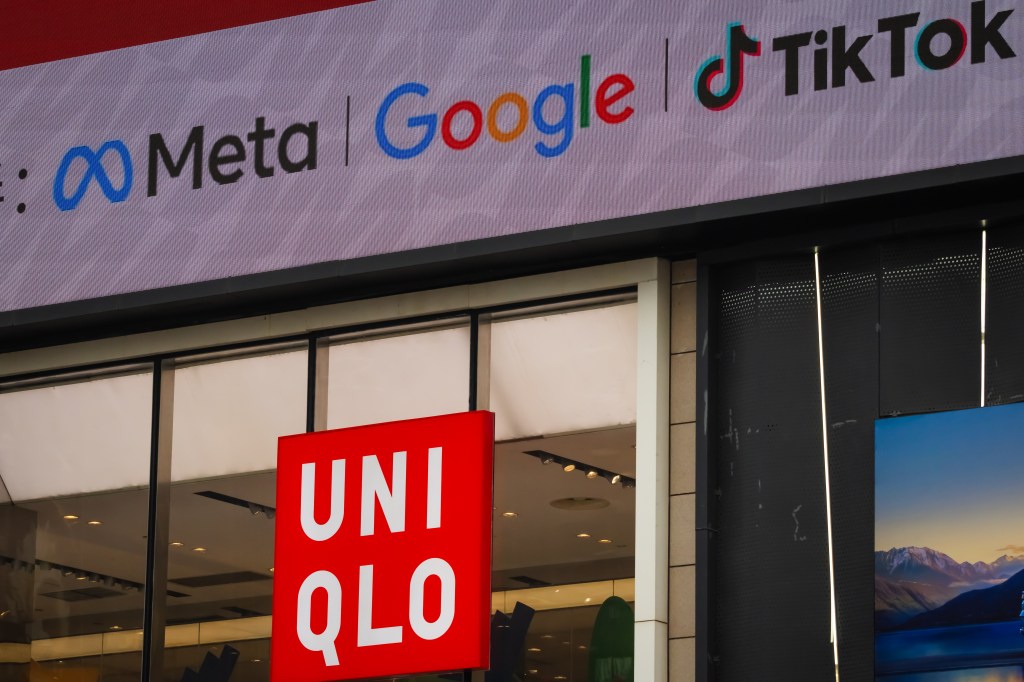The SEC has announced charges against Edwin Brant Frost IV and First Liberty Building & Loan, LLC, accusing them of orchestrating a Ponzi-like investment fraud scheme.
Frost consented to the SEC’s requests for relief and agreed to an asset freeze, a security industry ban, and to pay back the misappropriated
Register for free to keep reading
To continue reading this article and unlock full access to GRIP, register now. You’ll enjoy free access to all content until our subscription service launches in early 2026.
- Unlimited access to industry insights
- Stay on top of key rules and regulatory changes with our Rules Navigator
- Ad-free experience with no distractions
- Regular podcasts from trusted external experts
- Fresh compliance and regulatory content every day













